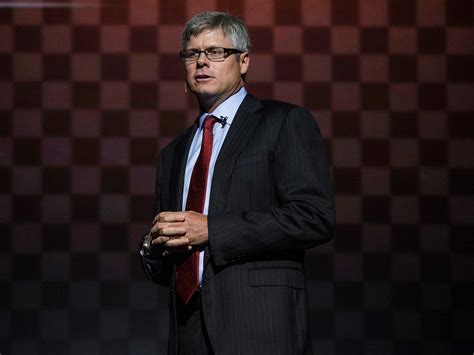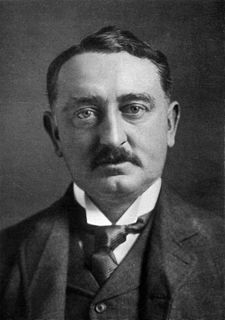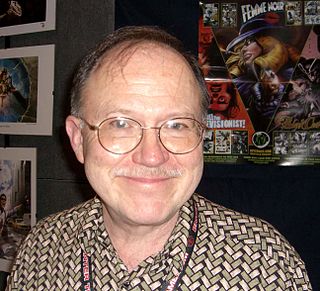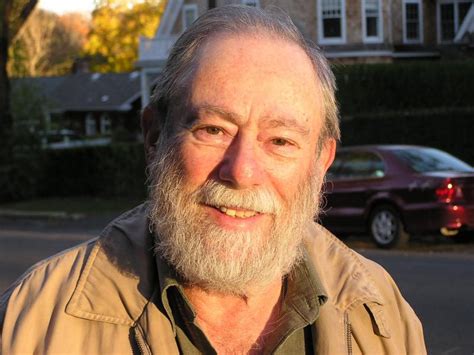A Quote by Fyodor Dostoevsky
We are born dead, and we are becoming more and more contented with our condition. We are acquiring the taste for it.
Related Quotes
When you see what is happening with the social network, with Facebook, Twitter and co it is becoming obvious that the reputation of ourselves is becoming more and more important everyday. Image is becoming too much for me, and we are living in a virtual world and sometimes it is very easy to make mistakes. It is more difficult to take responsibility for our mistakes.
In the chip business, our higher-tier products are actually becoming more expensive because more and more of the functionality of the phone comes into the chip itself. So we have been grabbing content on the phone at a time when the phone is becoming more and more like a PC in terms of things it can do.
Antique art has come down to us in a fragmentary condition, and we have virtuously adapted our taste to this necessity. Almost all our favorite specimens of Greek sculpture, from the sixth century onward, were originally parts of compositions, and if we were faced with the complete group in which the Charioteer of Delphi was once a subsidiary figure, we might well experience a moment of revulsion. We have come to think of the fragment as more vivid, more concentrated, and more authentic.
A good taste in art feels the presence or the absence of merit; a just taste discriminates the degree--the poco piu and the poco meno. A good taste rejects faults; a just taste selects excellences. A good taste is often unconscious; a just taste is always conscious. A good taste may be lowered or spoilt; a just taste can only go on refining more and more.
Africa is still lying ready for us it is our duty to take it. It is our duty to seize every opportunity of acquiring more territory and we should keep this one idea steadily before our eyes that more territory simply means more of the Anglo-Saxon race more of the best the most human, most honorable race the world possesses.
I've got a feeling I'm leaving stardom behind, you know. I'm gradually becoming more of a filmmaker, acquiring a different kind of dignity from that which you achieve in acting. After all, I'm no matinee idol, and I'm getting older. I don't think I can be doing my kind of thing in the seventies; I want to be on more of the creative side of business.
We will come to understand the part a difficult circumstance has played in our lives. Hindsight makes so much clear. The broken marriage, the lost job, the loneliness have all contributed to who we are becoming. The joy of the wisdom we are acquiring is that hindsight comes more quickly. We can, on occasion, begin to accept a difficult situation's contribution to our wholeness while caught in the turmoil.
One is born with good taste. It's very hard to acquire. You can acquire the patina of taste. But what Elsie Mendl had was something else that's particularly American––an appreciation of vulgarity. Vulgarity is a very important ingredient in life. I'm a great believer in vulgarity––if it's got vitality. A little bad taste is like a nice splash of paprika. We all need a splash of bad taste––it's hearty, it's healthy, it's physical. I think we could use more of it. No taste is what I'm against.
What is passion? It is surely the becoming of a person. Are we not, for most of our lives, marking time? Most of our being is at rest, unlived. In passion, the body and the spirit seek expression outside of self. Passion is all that is other from self. Sex is only interesting when it releases passion. The more extreme and the more expressed that passion is, the more unbearable does life seem without it. It reminds us that if passion dies or is denied, we are partly dead and that soon, come what may, we will be wholly so.
But when from a long-distant past nothing subsists, after the people are dead, after the things are broken and scattered, taste and smell alone, more fragile but more enduring, more unsubstantial, more persistent, more faithful, remain poised a long time, like souls, remembering, waiting, hoping, amid the ruins of all the rest; and bear unflinchingly, in the tiny and almost impalpable drop of their essence, the vast structure of recollection.







































